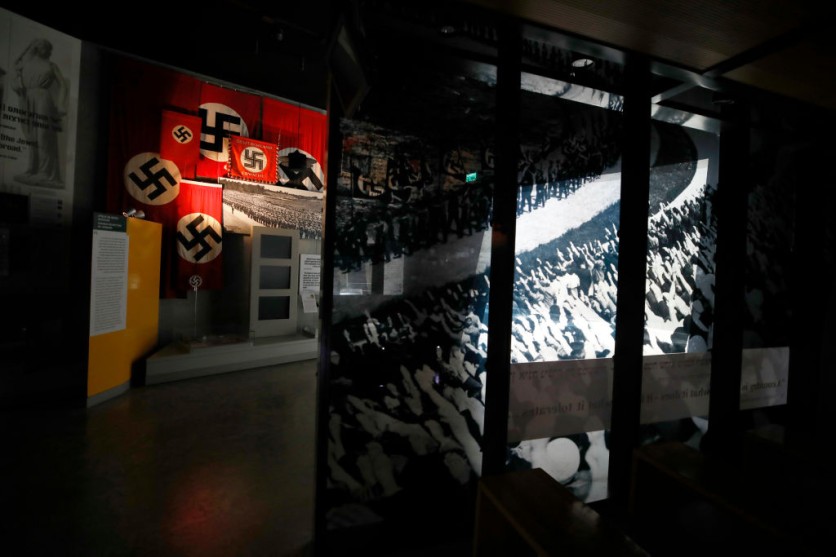AI and virtual reality (VR) technologies are being converged to bring Holocaust survivors' stories vividly to life for school students in the UK, offering a unique educational experience that aims to foster understanding and remembrance.

UK Students Get the Chance to Talk to AI-Powered Holocaust Survivors
As concerns grow over rising antisemitism in the UK and the dwindling number of Holocaust survivors, Sky News reported that educators are turning to new technologies to ensure future generations grasp the profound lessons of history.
The initiative, led by the Holocaust Educational Trust, involves capturing survivors' testimonies in a format that allows students to engage with them as if in conversation.
Survivors like Manfred Goldberg, a 94-year-old from north London, have been recorded answering over 1,000 potential questions. This footage is then processed using AI, which understands queries posed by students and plays back pre-recorded responses from the survivors.
This technology aims to simulate a natural dialogue, enabling students to interact with a virtual version of the survivor, gaining insights into their experiences during one of humanity's darkest chapters.
VR Touch
In addition to AI-driven conversations, VR is pivotal in transporting students to sites integral to survivors' narratives. Using VR headsets, students can explore the towns where survivors grew up and the harrowing landscapes of concentration camps where many were imprisoned.
This immersive approach provides a visceral connection to history, supplementing textbook knowledge with a deeper emotional and spatial understanding.
Karen Pollock, chief executive of the Holocaust Educational Trust, stressed the importance of combating misinformation about the Holocaust, which she says persists on social media platforms. She emphasized the urgency of preserving survivors' testimonies while they can still share their stories firsthand.
According to Pollock, the goal is to impress upon students that these accounts are not mere historical records but personal narratives of real individuals who endured unimaginable suffering.
Participating in this pioneering project holds profound significance for Goldberg. Reflecting on his experience of being filmed using state-of-the-art volumetric capture technology, Goldberg expressed astonishment at seeing his story preserved in such a lifelike manner. He viewed this opportunity as a chance to reach a broader audience of students.
The program plans to expand, with virtual testimonies from three additional survivors slated for school introduction by 2025. This expansion aims to broaden access to firsthand accounts, ensuring that future generations continue to learn from survivors.
Related Article : Runway's Gen-3 Alpha AI Video Generator Offers Better Controls, Creates Video Clips Faster and with Higher Fidelity





